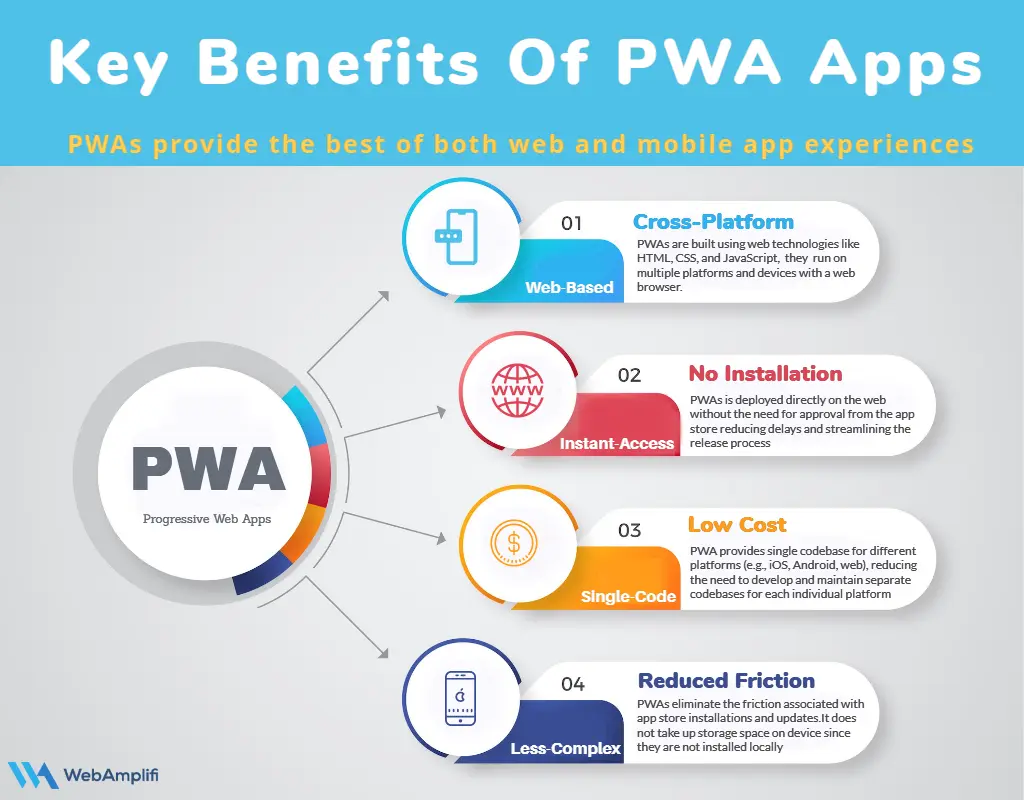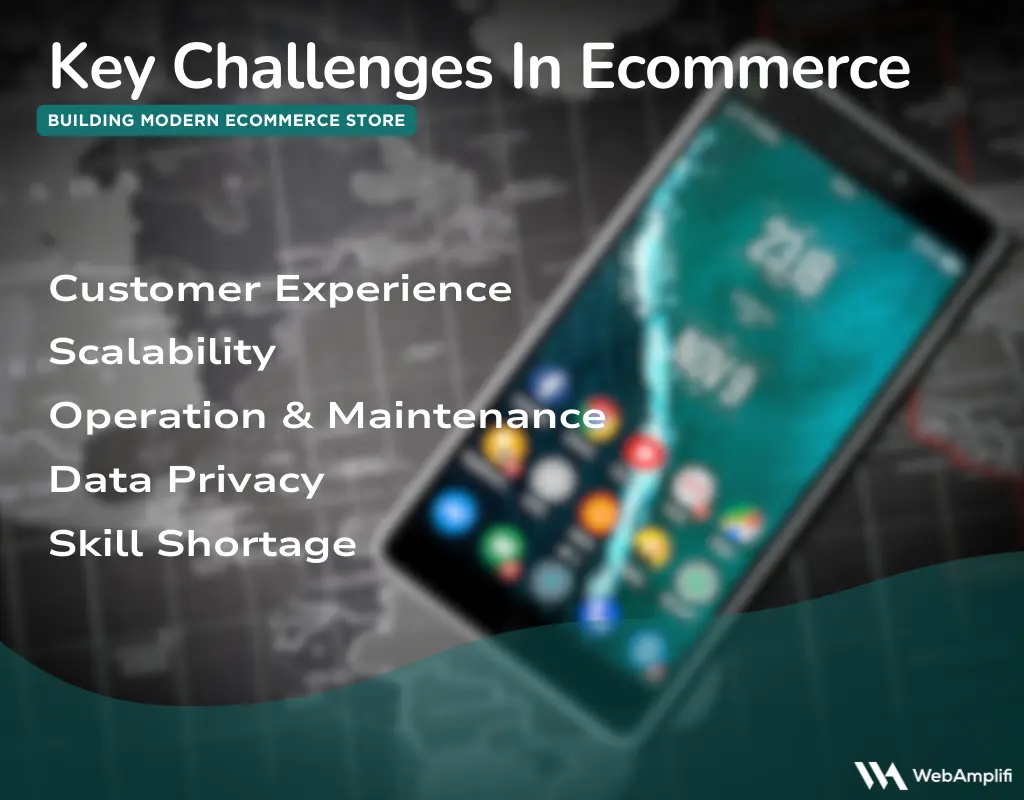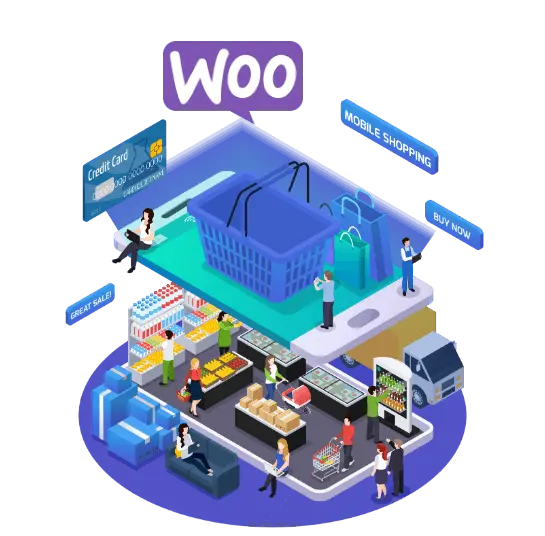Craft Modern User Experience (UI/UX) Design
User Experience (UX) design is crucial in the development of an e-commerce platform as it directly influences how users interact with the website and affects their overall satisfaction
Delivering a comprehensive and user-friendly design is one of the key challenges in ecommerce development. Designing an interface that seamlessly combines functionality with aesthetics, optimizes for various devices, and offers customers a streamlined checkout process requires thoughtful planning and development. With the right strategies in place, you can create an e-commerce experience that meets the needs of your users without feeling overwhelming or cumbersome.
One of the key challenges in ecommerce development is ensuring that your website looks great and functions optimally on every device. Responsive design principles allow to create a seamless experience across various devices, screen sizes, and platforms – providing customers with a consistent, enjoyable browsing experience regardless of where they access your site from.
UX design is an ever-evolving journey. To stay relevant in today’s digital landscape, businesses must constantly update and adapt their user experience to meet the needs of their customers. Keeping up with rapidly changing technologies like voice search or augmented reality can be tricky, but essential to offer a smooth and efficient user experience journey.
Building Scalable Ecommerce Platform
Achieving scalability is crucial for ensuring that an ecommerce platform can grow seamlessly without compromising performance, user experience, or overall functionality
Ecommerce scalability can be a major challenge during times of increased website traffic, such as holidays, promotional events, or sales. This extra strain on the platform infrastructure can lead to slow performance and unsatisfactory user experiences – even complete downtime. To ensure these problems don’t occur, it’s essential to have a robust strategy for managing peak loads.
The sudden influx of visitors overwhelms servers, causing delays in page loading times, checkout processes, and general responsiveness. As a consequence, user experience is adversely affected, leading to frustrated customers, increased bounce rates, and potential revenue losses.
Ecommerce platforms must be able to efficiently manage their databases, load balancing, and resource allocation in order to ensure the best possible experience for the customer during peak times. If scalability challenges are not addressed, this can cause disruption to users, vitiate brand reputation, and risk losing out on valuable business opportunities.
Overcoming the key challenges in ecommerce scability requires deploying efficient cloud infrastructure, leveraging Content Delivery Networks (CDNs), and adopting reliable load balancing measures to provide a hassle-free user experience even during peak periods.
Maintaining And Supporting Ecommerce Operations
In this ever-changing digital world, staying ahead of the game is essential to keep an ecommerce platform running seamlessly
Maintaining and supporting an ecommerce platform becomes increasingly challenging in the era of rapid technological changes. The dynamic landscape of technology introduces constant updates, security patches, and evolving user expectations, making the task of maintaining architecture, databases, and frontend components demanding.
Ecommerce platforms often involve intricate integrations with third-party services, adding complexity to the maintenance process. Continuous monitoring, periodic audits, and a well-defined change management process become imperative to successfully navigate the key challenges in ecommerce development and support & maintenance.
The maintenance team must stay on top of the latest technologies to ensure systems are compatible, scalable, and integrated with new features – all without disrupting ongoing operations or compromising data integrity. There’s a delicate balance between pushing out innovative updates and guarding against bugs or other stability issues. It’s a challenge that requires careful planning and consideration.
Adapting to rapid technology changes requires a proactive and strategic approach to maintain the reliability, security, and functionality of the ecommerce platform while delivering an optimal user experience.
Overcoming Data Privacy Challenges
Security is one of the key challenges in ecommerce development due to the sensitive nature of the data involved, including customer personal information and financial details
The e-commerce industry is constantly struggling to defend itself against cyberattacks that put customer data at risk. Unauthorized access can lead to a breach of sensitive information like personal details, addresses, and payment credentials.
To stay ahead of the criminals’ cyber warfare tactics, advanced security measures must be in place coupled with regular audits and updates on novel threats. It’s an ongoing endeavor but well worth the effort to keep customers’ data safe from malicious actors.
Non-compliance with data protection regulations can lead to legal consequences. You need to stay informed about and adhere to relevant data protection laws and industry standards, such as GDPR and PCI DSS.
Weak passwords and inadequate authentication measures can leave customer’s account vulnerable to unauthorized access. To stay ahead of the curve, it’s important to put in place multi-factor authentication protocols, promote strong password practices, and regularly review and update your authentication methods. Doing so will ensure that your accounts remain safe from unwanted intruders!
Dealing With Supply Chain Challenges
Security weaknesses in this system can lead to supply chain attacks that jeopardize the safety of customers’ data, payment processes, and the overall quality of online shopping
Ecommerce companies rely on an intricate network of vendors, suppliers, and service providers to keep their platforms running smoothly. One of the key challenges in ecommerce development is that the security of this system can be compromised, leading to potential supply chain attacks that threaten customers’ data security, payment safety, and the quality of their online shopping experience. The effects of these assaults can be devastating, leaving businesses deep in damage control.
When it comes to protecting ecommerce from supply chain attacks, there are a number of complexities that must be considered. From managing multiple partners across a wide network to monitoring for any potential security vulnerabilities within third-party components, it can be difficult to ensure the highest level of reliability and safety throughout the entire supply chain.
To stay ahead of the curve, ecommerce businesses should take proactive steps to secure their operations. This means carefully assessing any third-party vendors they use, instituting strong access controls encrypting data exchanges, and vigilantly keeping an eye out for anything abnormal or suspicious going on in the supply chain.
To ensure ecommerce platforms remain secure and resilient against supply chain attacks, it is essential to cultivate a strong culture of cyber security among all stakeholders. Additionally, conducting regular audits, and vulnerability assessments, and working with qualified cybersecurity experts are vital steps in maintaining a safe online shopping experience for customers.
Coping Up With Skill Shortage
The pervasive skill shortage in the field of ecommerce development is significantly impacting the creation and maintenance of robust online platforms.
As technologies evolve rapidly, there is a growing demand for skilled professionals well-versed in the latest programming languages, databases, frameworks, and security protocols.
The lack of skilled technical personnel can impede the efficient development and maintenance of an ecommerce platform, consequently causing setbacks in project deadlines and possible security risks. A unique challenge emerges when employees leave their posts without proper knowledge transfer, leaving undocumented code and vital information behind.
In response to this challenge, many businesses are turning to development agencies as a strategic option for outsourcing ecommerce tasks. Development agencies bring a wealth of expertise, often composed of diverse teams with specialized skills, and can provide a cost-effective solution compared to hiring and maintaining an in-house team.
Outsourcing ecommerce development tasks to agencies also allows businesses to focus on their core competencies while leveraging the specialized knowledge and experience of professionals dedicated to keeping pace with industry trends and technological advancements. This approach proves advantageous in navigating the complexities of ecommerce development, ensuring scalability, security, and optimal performance to overcome the key challenges in ecommerce development.
How WebAmplifi Can Help!
Unlock unparalleled excellence with our eCommerce development services
Unlock unparalleled excellence in eCommerce development. We specialize in crafting dynamic e-commerce online storefronts, we master platforms like WooCommerce, Shopify, Magento, React, React Native, Flutter, and more.
Elevate your ecommerce business with our profound knowledge of AWS cloud services, databases, hosting, and beyond. Our commitment is to deliver a seamless fusion of cutting-edge features within a scalable, secure, and high-performance backend architecture, ensuring a state-of-the-art customer experience. Trust us to propel your digital ambitions forward.








